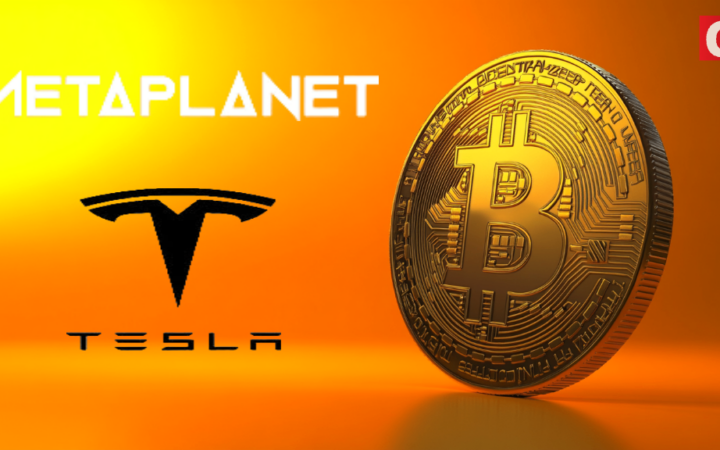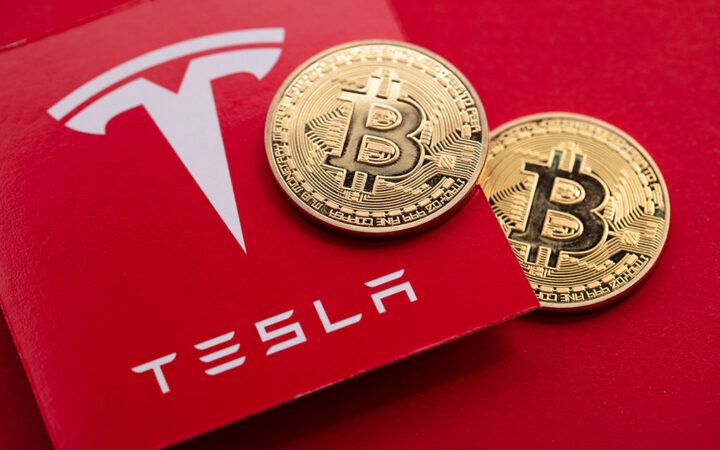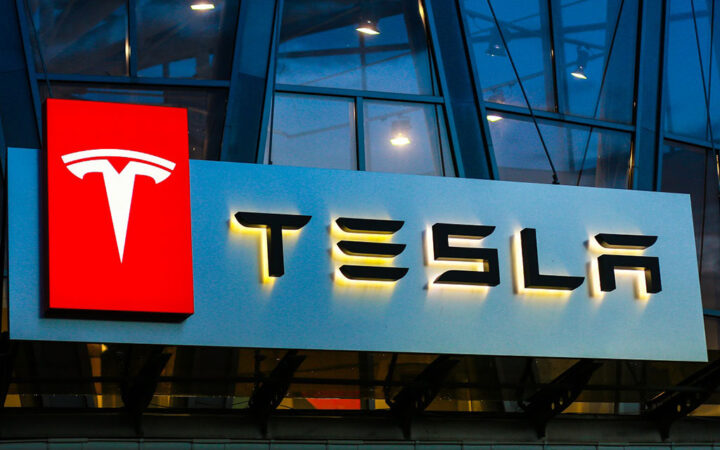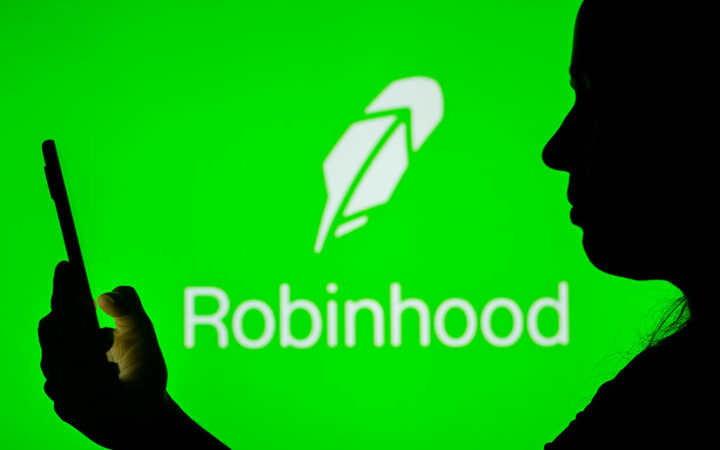
Let’s talk web3, crypto, Metaverse, NFTs, CeDeFi, meme coins, and Stocks, and focus on multi-chain as the future of blockchain technology. Let us all WIN!
Xpeng Motors is said to be going to raise over $300 million in new funding, ahead of its U.S. IPO listing.
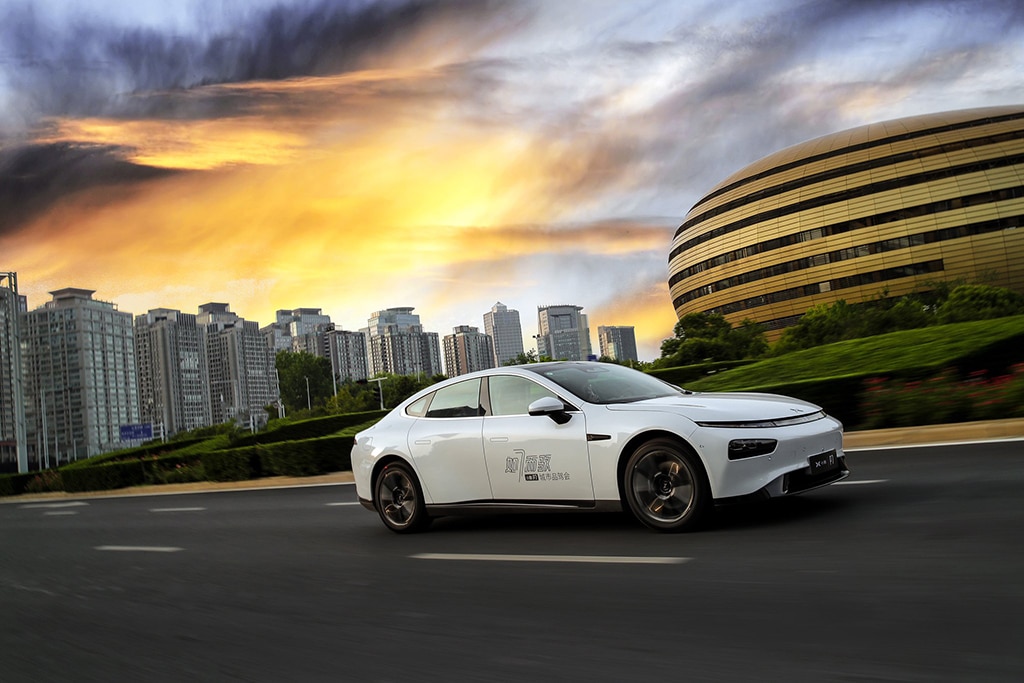
Chinese electric vehicle major manufacturer Xpeng Motors, which is considered to be a huge competitor to Tesla Inc (NASDAQ: TSLA) in China, is said to be in talks to raise over $300 million in funding. Although not confirmed by the company nor the investors, a person familiar with the inside happenings opened up to media outlet CNBC.
According to the source, Qatar’s sovereign wealth fund, the Qatar Investment Authority, is part of the funding in the discussion. It is an indicator that the electric vehicle industry is booming globally, giving private investors to flock into such companies before they go public.
With Tesla shares having risen tremendously since its IPO listing a decade ago, it is anticipated the same to happen with the Chinese giant EV maker.
Xpeng Motors has been involved in a number of funding rounds previously, even during the coronavirus pandemic. The latest being the one it raised $590 million earlier this month from investors including Aspex, Coatue, Hillhouse Capital and Sequoia Capital China.
The company also managed to raise $400 million from investors that included Chinese smartphone maker Xiaomi.
As the trade supremacy battle between China and the United States continues, listing on any of the U.S. exchanges might be a challenge.
In May, the U.S. Senate passed legislation that would increase scrutiny on Chinese firms trading on American exchanges which carries the threat of delistings for some foreign firms.
The electric vehicle industry is proving to be a lucrative venture as countries embrace new technology to safeguard our environment from fuel run engines. China has been cited paving the way for electric vehicles by putting in place rules advocating for a market percentage for EVs. Some of the policies included tax breaks and other subsidies on cheap electric vehicles.
Some of the policies were seen to hurt the Tesla business in China, as its products did not meet all the qualities needed for subsidies. Majorly because most Tesla models are not cheap.
The Chinese government also pushed some of the set policies’ deadline by two years to give companies a chance for transitioning. This month, the car start-up started deliveries of its new P7 sedan — which is seen as a competitor to Tesla Model 3.
The company also has other models in the market and anticipates delivering more models upgrading on the prior one. Sales of so-called new-energy vehicles fell by 33.1% year-on-year in June, according to data from the China Association of Automobile Manufacturers. However, the sales have been rising month-on-month as the Chinese economy slowly reopen.
Disclaimer: Coinspeaker is committed to providing unbiased and transparent reporting. This article aims to deliver accurate and timely information but should not be taken as financial or investment advice. Since market conditions can change rapidly, we encourage you to verify information on your own and consult with a professional before making any decisions based on this content.

Let’s talk web3, crypto, Metaverse, NFTs, CeDeFi, meme coins, and Stocks, and focus on multi-chain as the future of blockchain technology. Let us all WIN!
